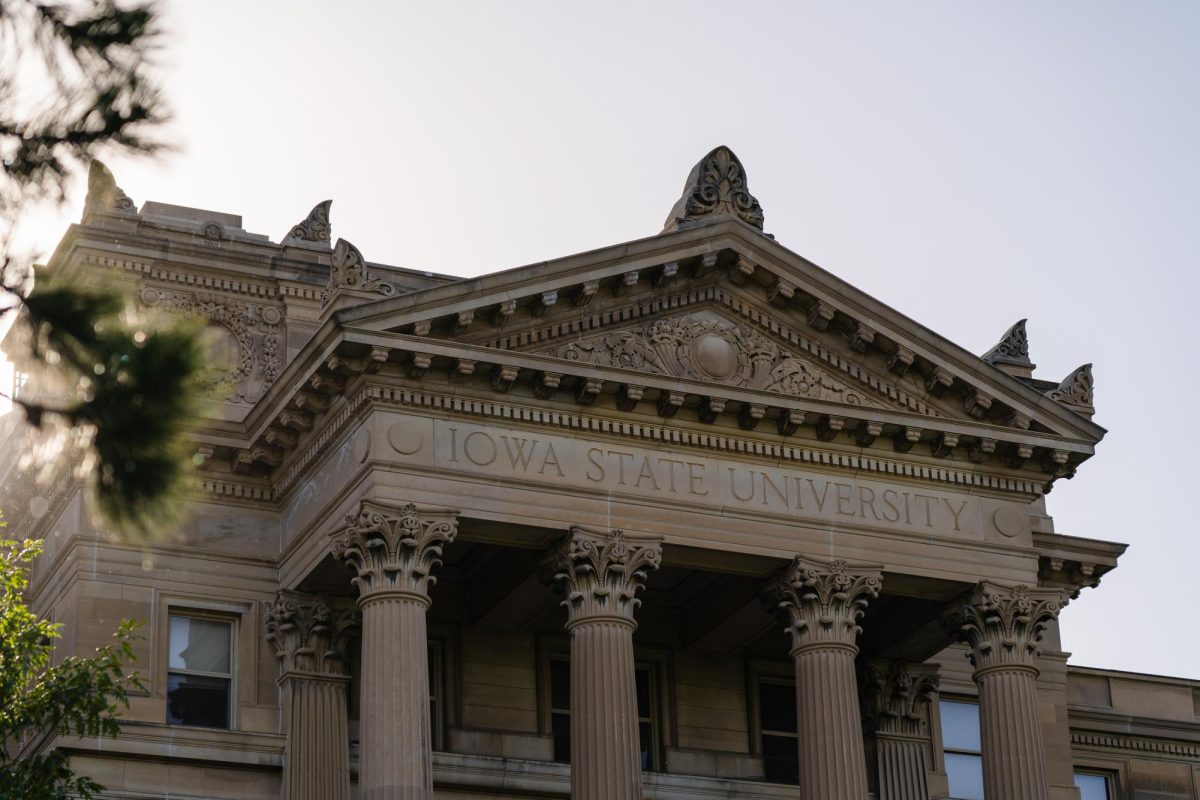Editorial: With hyper-polarization, Electoral College necessary
November 8, 2012
The most controversial remnant of the United States’s original constitutional and federal design is the Electoral College. After each presidential election comes a swath of opinion against the Electoral College. And although the criticism this year is more muted, coming from smaller sources of commentary, it is still present.
NBC, CNN and seemingly every agency covering the election Tuesday filled the time between incoming results with analysis of the possible Electoral College paths to victory. The next day, the St. Cloud Times in St. Cloud, Minn. hosted a column that described the Electoral College as “an antiquated institution that distorts our politics and bestows great power on a handful of states while leaving the majority largely ignored.” The Scranton Times-Tribune in Scranton, Penn. said, “The new Congress should start the process of determining whether the Electoral College system has outlived its usefulness.”
Simply put, the Electoral College consists of the electors who are chosen by the state legislatures who then vote for the president and vice president, not the people themselves. This doesn’t sit well with most people, because they feel they should be directly in charge of who is in office. As history shows us, though, direct elections set the stage for political disaster.
The Founders understood this. In contrast to our conceit that if we Americans try something — including a political system — it will work, they drew upon the experience of the democratic city-states of ancient Greece and the Roman republic. James Madison described democracies as constant “spectacles of turbulence and contention; have ever been found incompatible with personal security or the rights of property; and have in general been as short in their lives as they have been violent in their deaths.”
At the present time, the condition of our now directly-elected Congress is evidence to this point. Popular election of both House of Representatives and Senate make the obstacle of divided government even more difficult to overcome. In the case of this Tuesday, popular election of the presidency would narrow the margin of victory from something like 303 to 206 Electoral College votes down to only about 700,000 votes out of nearly 118 million cast.
Further, a large majority of Americans believe presidential elections matter more than they did previously. This year, according to Gallup, 70 percent of Americans believe the result matters more than previous years. In 2008, 76 percent did; in 2004, 72 percent believed the result mattered more than previously. That concern was and remains up from 47 percent in 2000 and 41 percent in 1996.
If the Electoral College were not so definitive so soon, we would perhaps have to wait much longer for the results. Given the high importance so many Americans place on election results, and the sheer magnitude of our national problems of unemployment, the national debt, health care and other issues, an interregnum of uncertainty would delay the transition from campaigning to governing.






